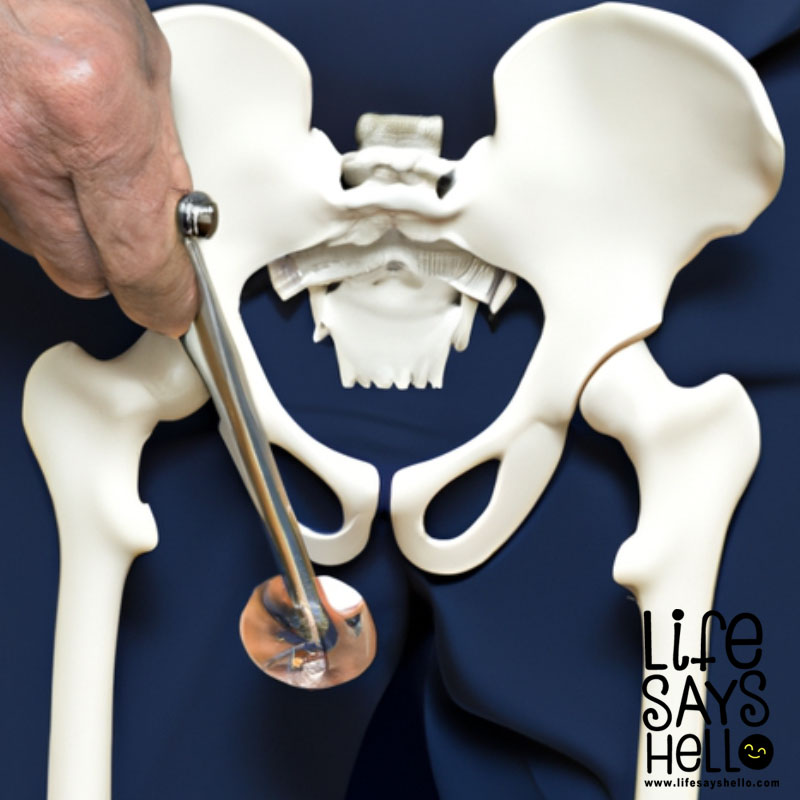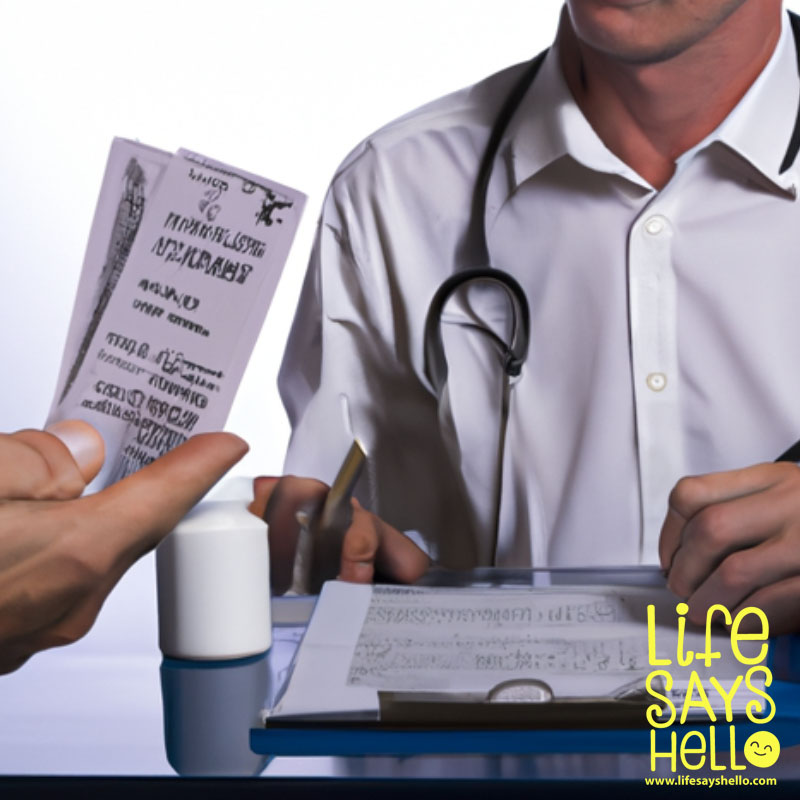What Symptoms Can You Expect at 2 Weeks Pregnant?

Have you been feeling a bit "off" lately? Perhaps you're experiencing some unfamiliar moodiness, fatigue, or queasiness. While it's much too early for a baby bump, you may be wondering if you could be pregnant. Many women start noticing symptoms around the 2 week mark, though it's important to understand you aren't technically pregnant yet at this point.
So what's going on in your body leading up to those magical two pink lines? When does pregnancy actually start? And what symptoms might you experience at only 2 weeks since your last period? Let's break it down.
When Does Pregnancy Officially Begin?
Here's a surprising fact: pregnancy is measured from the first day of your last menstrual period, not from conception. This means that during weeks 1 and 2 of pregnancy, you aren't pregnant at all, but rather gearing up for ovulation.
Confusing, right? This 40 week calendar essentially tacks on two "bonus" weeks at the start to give a full nine months. Don't worry, you haven't lost your mind!
Ovulation (when an egg is released from the ovaries ready to be fertilized) typically occurs around week 2 or 3 of pregnancy. This marks the first point at which you can actually conceive.
Once your egg is fertilized by sperm, it takes another 7-10 days to implant in the uterine lining. Until this implantation happens, you are not officially pregnant.
So when people refer to "2 weeks pregnant", it simply means 2 weeks since the start of their last period, not 2 weeks since conception occurred.
Could Symptoms Start This Early?
Since you aren't yet pregnant at 2 weeks, you may be wondering if it's even possible to feel pregnant yet. While some women experience no symptoms at all during the first weeks, others start noticing changes right away.
Some common symptoms you might experience at 2 weeks pregnant include:
Missed or Late Period
A missed or late period is one of the first and most telling symptoms of pregnancy. If you have a regular 28-30 day cycle, noticing your period is a few days late is a strong indication that you should take a pregnancy test.
With an irregular cycle, it can be harder to tell. So take a test if your period doesn't start within your usual range.
While a missed period could mean other things like stress, you should consider pregnancy as a likely possibility. Better to find out sooner than later!
Breast Changes
Thanks to surging pregnancy hormones, your breasts may start feeling swollen, sore, or tingly within weeks of conception. Veins and nipples also tend to darken.
For some women, breasts grow noticeably larger and feel heavy or painful. Others may not notice anything until further along. Pay attention to new sensations or sensitivity.
Fatigue
Feeling utterly exhausted is common during the first trimester. Your body is working hard to grow a baby from scratch and support the pregnancy!
If you find yourself suddenly falling asleep at 8pm or needing daily naps, take note. Coupled with other symptoms, early fatigue can indicate pregnancy.
Nausea
Morning sickness is infamous during pregnancy, though it can strike at any time of day. While more common after week 6, some women experience nausea or vomiting as early as week 2 or 3.
Watch for feeling queasy or like your stomach is unsettled. Early nausea may come and go before intensifying.
Frequent Urination
Around week 6, rising hormone levels signal your kidneys to start flushing out extra fluid. Before a missed period, though, you might already feel like you're peeing more often.
That's because blood flow to the kidneys and bladder increases right away. If you're running to the bathroom constantly, pregnancy could be the reason.
Mood Changes
Surges in estrogen and progesterone can make emotions go haywire in early pregnancy. From mood swings to crying jags, many women report feeling extra sensitive and irritable.
Pay attention if your moods feel unusually volatile. Add it to the list of clues if you have other symptoms too.
Are These Symptoms Definite Proof of Pregnancy?
While the symptoms above may indicate pregnancy, it's important to know they aren't definitive proof at 2 weeks. Many of these can also be explained by:
- Stress
- Thyroid issues
- Perimenopause
- Ovarian cysts
- Changes in diet or exercise
- Gastrointestinal issues
In other words, don't panic if you experience some early signs! They may end up being caused by something else.
The only way to confirm pregnancy is by taking a test. Home pregnancy tests detect the hCG hormone, which starts being produced after implantation at around week 4.
If you're curious or have a suspicion, go ahead and take a pregnancy test even before your missed period. Early Result tests can detect low hCG levels from 6 days before your expected period.
While a negative result is still possible this early, a positive confirms pregnancy. If negative but symptoms continue, retest in a few days when hCG levels rise.
Blood and urine tests at the doctor's office can also detect pregnancy earlier than home kits. Doctors can run quantitative hCG tests to measure exact hormone numbers.
The bottom line? While symptoms may provide clues, there is no definitive way to know you're pregnant at 2 weeks without a positive test. Listen to your body, but don't panic yet if something feels "off."
When to Call Your Doctor
If you do get a positive pregnancy test at around the 2 week mark, schedule an appointment with your healthcare provider right away. Here are some important reasons why:
- Confirm the pregnancy and determine your estimated due date
- Discuss any high risk factors to monitor
- Get early bloodwork done to check hormone levels
- Start taking prenatal vitamins with folic acid
- Discuss safe medications for any symptoms you have
- Screen for any potential complications
- Ask any questions about diet, exercise, and more
Early and regular prenatal care is crucial for a healthy pregnancy. Make sure you choose an OB/GYN or midwife you trust.
If you have severe nausea/vomiting, sharp abdominal pain, heavy bleeding, fever, or other unusual symptoms, call your doctor promptly to rule out serious issues like ectopic pregnancy or miscarriage.
Otherwise, rest assured that some discomfort during the first trimester is normal. Stay in touch with your provider about any concerns.
The Takeaway
Wondering "am I pregnant?" at only 2 weeks can certainly be confusing! While you aren't yet pregnant, some common early clues include a missed period, breast tenderness, nausea, fatigue, and mood changes.
However, these symptoms aren't definitive proof. Take a pregnancy test if you suspect you might be expecting, even before your missed period. Schedule a doctor's visit promptly if it is positive so you can start prenatal care ASAP.
Pay attention to your body, but know that it's still very early at 2 weeks. With or without symptoms, you'll know for sure soon enough! Try to be patient (easier said than done) and take good care of yourself in the meantime.




Comments